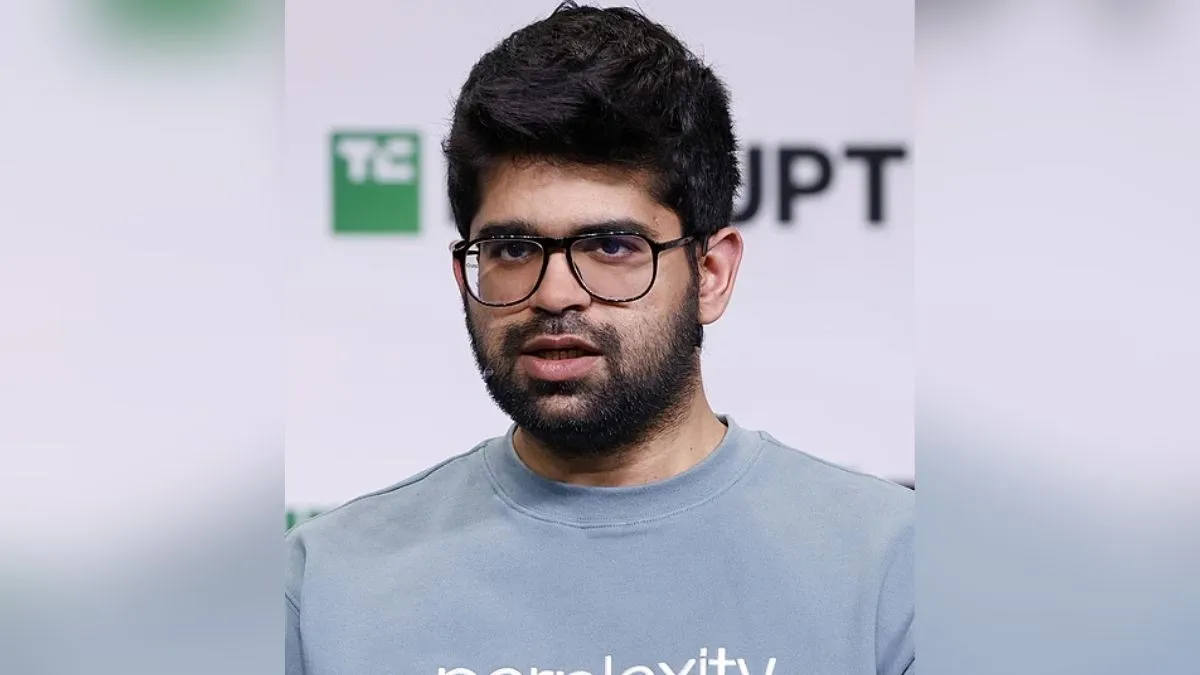- By Prateek Levi
- Sun, 26 Oct 2025 10:00 PM (IST)
- Source:JND
Perplexity CEO Aravind Srinivas is once again taking aim at Google’s dominance—this time with his company’s own AI browser, Comet. In a recent post on X (formerly Twitter), Srinivas shared a short clip showcasing the browser and wrote, “The internet is too important to be left in Google’s hands.”
The statement follows Perplexity’s headline-making attempt earlier this year to buy Google’s Chrome browser. In August, the AI startup made an unsolicited $34.5 billion all-cash offer to acquire Chrome, despite its own valuation being around $18 billion. The company said the deal would’ve helped level the playing field in the race for AI-driven search.
ALSO READ: These Android 16 Tools Could Make Your Phone Way More Practical
Perplexity’s proposal included $3 billion in planned investments over two years to upgrade Chrome’s infrastructure, retain Chromium as an open-source platform, and keep its default search settings intact. The move came as the U.S. Department of Justice sought to compel Google to sell Chrome, arguing that the browser gave the company an unfair advantage in online search.
When the deal didn’t move forward, Perplexity took matters into its own hands. Last month, it launched the Comet browser — an AI-powered alternative to Chrome, built on the same Chromium framework. Comet supports Chrome extensions and bookmarks but layers in Perplexity’s signature AI tools for productivity, research, and automation.
Among its highlights is an AI sidebar that can summarise articles, draft emails, manage schedules, and automate everyday tasks. Users can also create workspaces to organise tabs and projects, receive tailored recommendations, and access features like email prioritisation, content generation, and real-time fact-checking.
Currently, Comet is available for Perplexity Pro users in India on Windows and macOS, with Android pre-orders open and iOS support coming soon. To drive adoption, Perplexity has teamed up with Bharti Airtel to offer a one-year free Pro subscription to new users.
ALSO READ: Hong Kong Scientists Develop Transparent Solar Cells That Turn Windows Into Power Generators
Srinivas’s message is clear — he believes the future of the web should be more open, intelligent, and less dependent on Google’s control.

